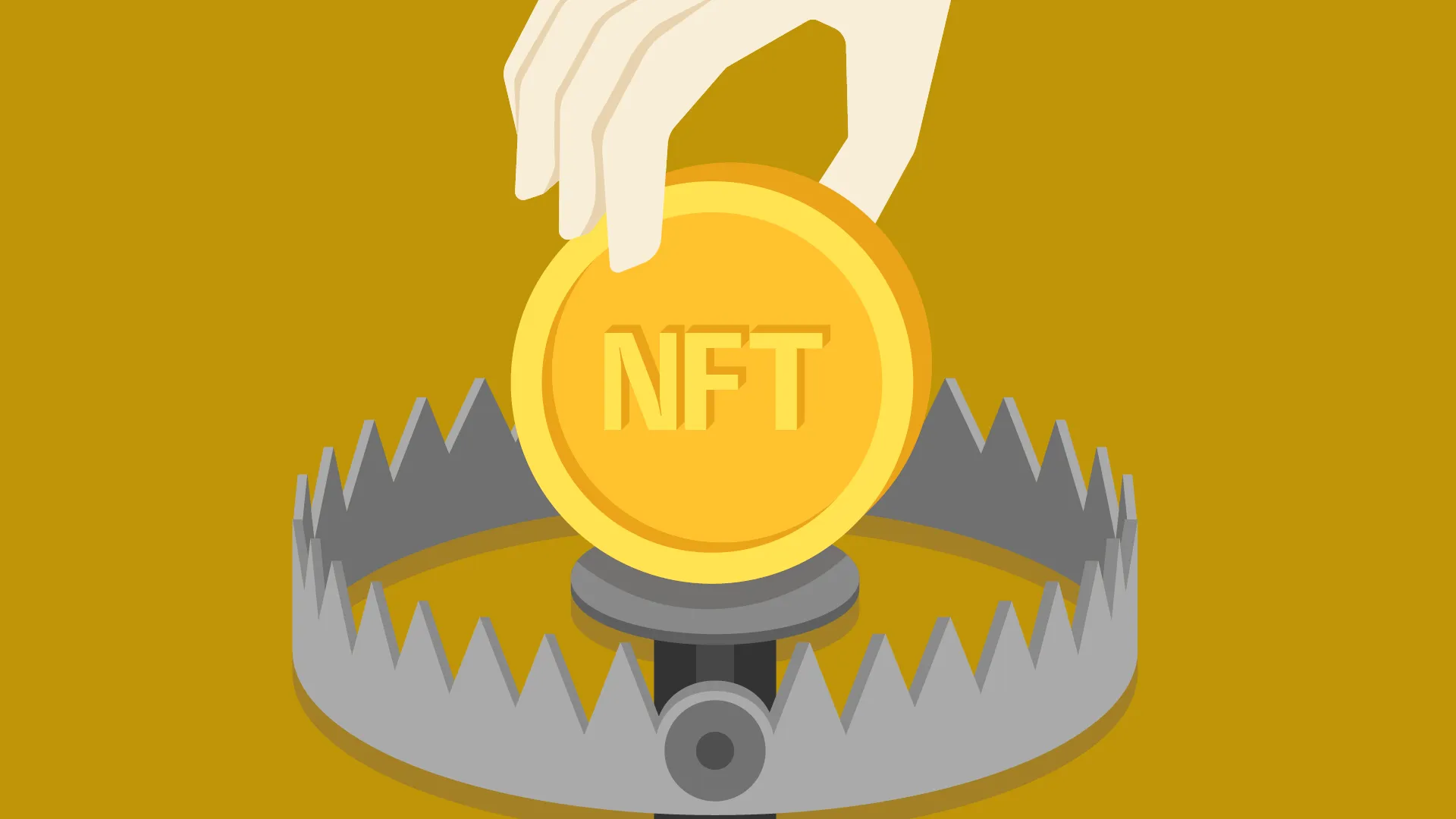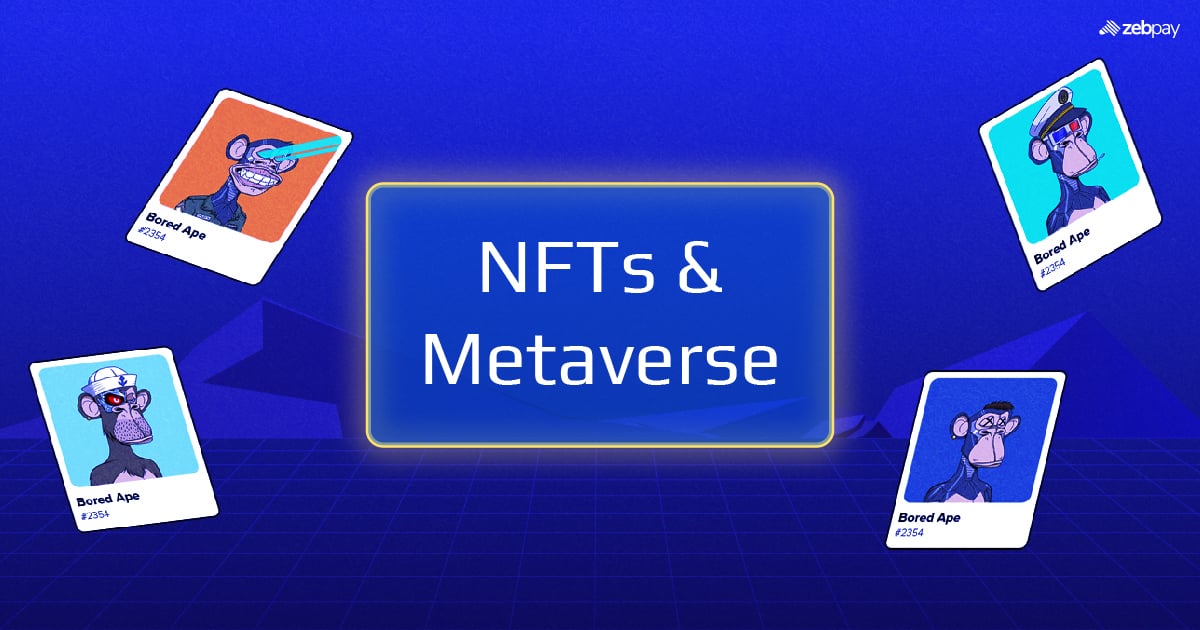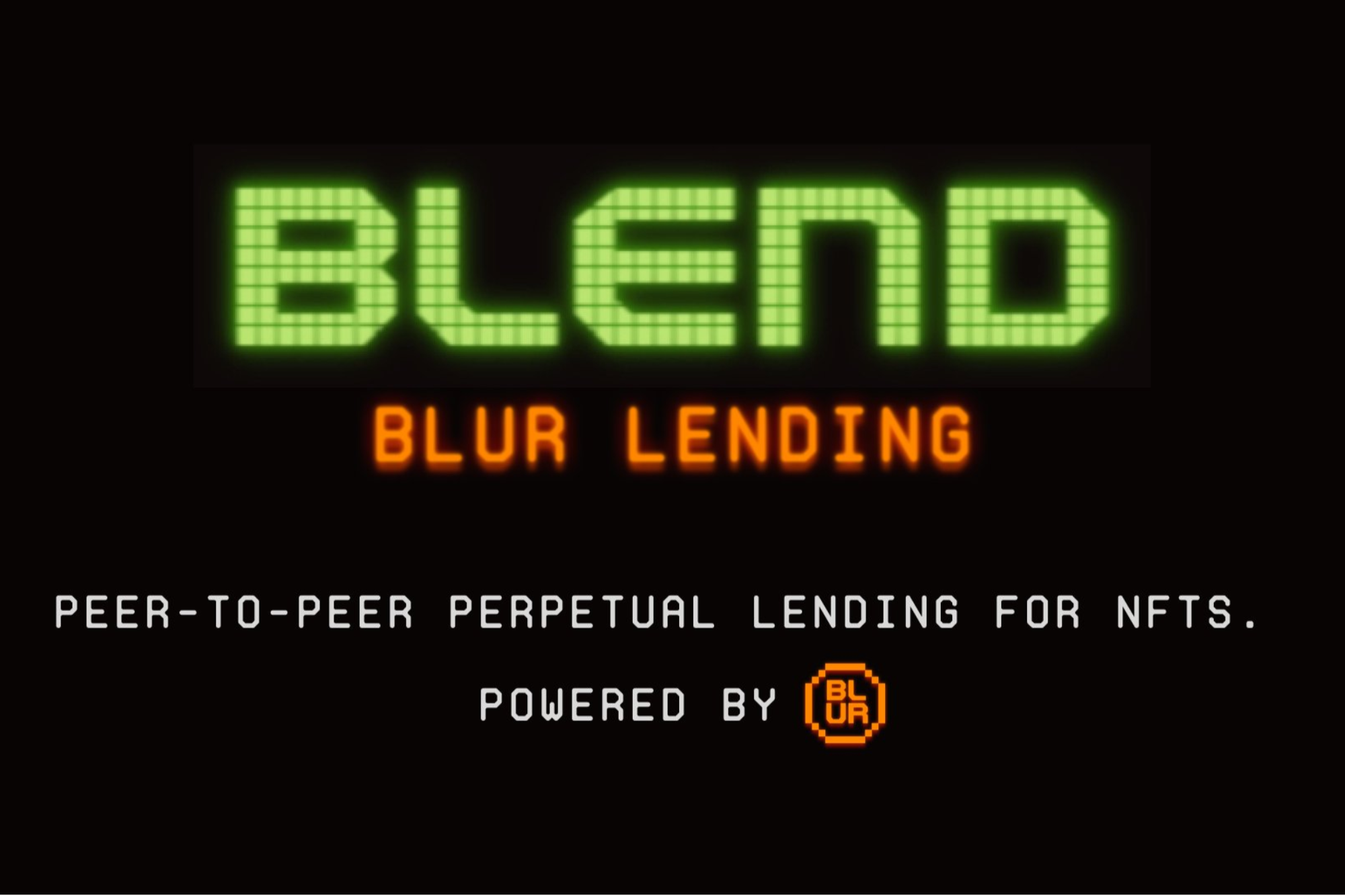Arthur Hayes on Financial Privacy and the Possibility of BTC Hard Fork
In a recent interview, Hayes discussed his views on financial privacy and the possibility of a BTC Hard Fork.

Arthur Hayes is a co-founder and former CEO of?BitMEX, one of the world's largest cryptocurrency exchanges. He is also a well-known commentator on the cryptocurrency market and a strong advocate for financial privacy. In a recent interview, Hayes discussed his views on financial privacy and the possibility of a BTC Hard Fork. He argued that financial privacy is essential for a free and open society, and that Bitcoin is the only cryptocurrency that offers true financial privacy.
Hayes also suggested that Bitcoin may need to undergo a hard fork in the future in order to preserve its financial privacy. He argued that some of the proposed changes to the Bitcoin protocol, such as Taproot, could compromise Bitcoin's financial privacy.
Financial privacy and Bitcoin
Arthur Hayes argues that financial privacy is essential for a free and open society. He believes that people should have the right to control their own financial data and to transact with others without government surveillance.
Hayes believes that Bitcoin is the only cryptocurrency that offers true financial privacy. He argues that other cryptocurrencies, such as Ethereum, are not as private because they rely on public blockchains.
The possibility of a BTC hard fork
Hayes suggests that Bitcoin may need to undergo a hard fork in the future in order to preserve its financial privacy. He argues that some of the proposed changes to the Bitcoin protocol, such as Taproot, could compromise Bitcoin's financial privacy.
Taproot is a proposed upgrade to the Bitcoin protocol that would make Bitcoin transactions more private and efficient. However, Hayes argues that Taproot could also be used to create "stealth addresses" that would be completely untraceable.
Hayes believes that the Bitcoin community should carefully consider the potential implications of Taproot before implementing it. He argues that Bitcoin's financial privacy is one of its most important features, and that it should not be compromised.
Arthur Hayes is a strong advocate for financial privacy and Bitcoin. He believes that financial privacy is essential for a free and open society, and that Bitcoin is the only cryptocurrency that offers true financial privacy.
Hayes also suggests that Bitcoin may need to undergo a hard fork in the future in order to preserve its financial privacy. He argues that some of the proposed changes to the Bitcoin protocol, such as Taproot, could compromise Bitcoin's financial privacy.
Additional thoughts
In addition to the points raised above, here are a few other things to consider when thinking about Arthur Hayes' views on financial privacy and the possibility of a BTC hard fork:
- The importance of financial privacy: Financial privacy is the right of individuals to keep their financial information confidential. It is important for a number of reasons, including to protect against identity theft, fraud, and government surveillance.
- The role of Bitcoin in financial privacy: Bitcoin is a cryptocurrency that is designed to be private. It uses a variety of techniques, such as cryptography and blockchain technology, to make it difficult to track transactions.
- The potential impact of Taproot on financial privacy: Taproot is a proposed upgrade to the Bitcoin protocol that would make Bitcoin transactions more private and efficient. However, some experts have raised concerns that Taproot could also be used to create "stealth addresses" that would be completely untraceable.
- The possibility of a BTC hard fork: A hard fork is a change to the Bitcoin protocol that is not backwards compatible. This means that once a hard fork is implemented, old software will no longer be able to interact with the new network.
The Bitcoin community is currently debating whether or not to implement Taproot. If Taproot is implemented, it is possible that a group of Bitcoin users will disagree with the change and decide to hard fork the Bitcoin protocol. This would create a new Bitcoin blockchain that would not be compatible with the old one.
It is important to note that there is no guarantee that a Bitcoin hard fork will happen. The Bitcoin community is very divided on the issue of Taproot, and it is possible that a compromise will be reached. However, it is important to be aware of the possibility of a hard fork and to consider the potential implications for financial privacy.
What's Your Reaction?
















